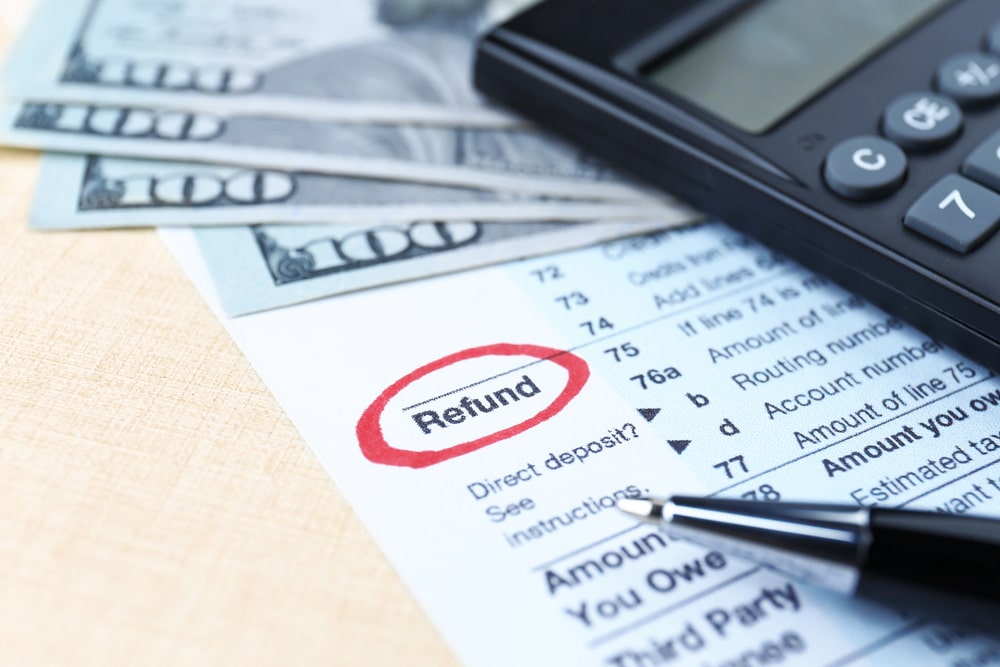Maximize Your Tax Refund: Essential Deductions to Remember Before Filing
Peacock & French CPAs
Feb 01, 2025

Tax season is upon us, and while many dread the process, it’s also a golden opportunity to keep more of your hard-earned money. The key? Deductions. These often-overlooked opportunities can reduce your taxable income and boost your refund. Whether you’re an individual looking to offset expenses or a business owner aiming to optimize finances, understanding deductions can make all the difference.
Let’s break down the essential deductions to help you maximize your tax refund this year—without feeling overwhelmed.
What Are Tax Deductions and Why Do They Matter?
Think of tax deductions as tools that shrink your taxable income. They don’t directly lower the amount you owe but instead reduce the portion of your income that’s subject to taxes. For example, if your taxable income is $50,000 and you claim $5,000 in deductions, you’ll only be taxed on $45,000.
It’s important to distinguish deductions from tax credits. While deductions lower your taxable income, credits provide a dollar-for-dollar reduction in your tax bill. Both are valuable, but deductions can add up significantly when managed wisely.
Understanding these nuances is essential to ensuring you’re not leaving money on the table.
Key Deductions for Individuals
-
Charitable Donations - Your generosity can pay off—not just emotionally but financially too. Donations to IRS-qualified charities, whether in cash or goods, are deductible. For example, if you donated clothes to Goodwill or funds to a nonprofit, these contributions could reduce your tax burden.
Quick Tip: Keep receipts and acknowledgment letters for donations over $250. Use apps or spreadsheets to track your giving throughout the year. -
Medical and Dental Expenses - Medical costs can quickly add up, but if they exceed 7.5% of your Adjusted Gross Income (AGI), they may qualify as a deduction. This includes doctor visits, prescriptions, and even mileage for medical appointments. Simplified Example: If your AGI is $50,000, only medical expenses exceeding $3,750 can be deducted.
Quick Tip: Organize your medical bills and insurance statements to simplify calculating your expenses. - Education Costs - Pursuing higher education? Tuition, fees, and even student loan interest may qualify for deductions. You might also be eligible for credits like the American Opportunity Credit or Lifetime Learning Credit, which can further reduce your tax liability.
Key Deductions for Businesses
- Home Office Deduction - If you work from home, even part-time, you could qualify for the home office deduction. The space must be used exclusively and regularly for business purposes. You can calculate this deduction using the simplified method ($5 per square foot, up to 300 square feet) or actual expenses like utilities and rent.Quick Tip: Keep a floor plan or photos to document your workspace in case of an audit.
- Vehicle and Travel Expenses - For those who drive for business purposes, mileage is a major deductible expense. The IRS offers a standard mileage rate, but you can also deduct actual vehicle expenses like gas, maintenance, and insurance.
Quick Tip: Use apps like MileIQ to track mileage effortlessly.
Business-related travel, such as flights and hotels, is also deductible—but remember, only the business portion of trips can be claimed. - Start-Up Costs - Launching a new business? The IRS allows deductions of up to $5,000 for start-up costs and $5,000 for organizational expenses in your first year. This can include everything from market research to legal fees.
Strategies to Maximize Your Deductions
1. Stay Organized - Good record-keeping is the cornerstone of maximizing deductions. Use digital tools or a dedicated filing system to store receipts, invoices, and financial documents. This not only saves time but also ensures compliance with IRS regulations.
2. Contribute to Tax-Advantaged Accounts - Pre-tax contributions to accounts like 401(k)s and Health Savings Accounts (HSAs) can lower your taxable income while preparing you for the future. For example, an HSA allows you to save for medical expenses with tax-free contributions, growth, and withdrawals.
3. Seek Professional Guidance - Tax laws are complex and change frequently. Working with a CPA ensures you’re not only compliant but also taking advantage of all the deductions and credits available to you.
Why These Deductions Matter
Tax deductions are about more than saving money today—they’re about building a financially secure future. By understanding and claiming eligible deductions, you can free up resources to invest in your goals, whether it’s retirement planning, expanding your business, or simply creating a financial cushion.
Let Us Help You
At Peacock, Ellison & French, CPAs, P.A., we specialize in tailoring tax strategies to meet your unique needs. Whether you’re an individual aiming for a bigger refund or a business owner optimizing for growth, our experienced team is here to guide you every step of the way.
Contact us today for a personalized consultation and let us help you maximize your tax refund—stress-free.
This tax season, don’t just file—strategize. By leveraging key deductions and staying organized, you can reduce your taxable income and keep more money in your pocket. And if it feels overwhelming, know that expert help is just a call away. Let’s make tax season work for you!